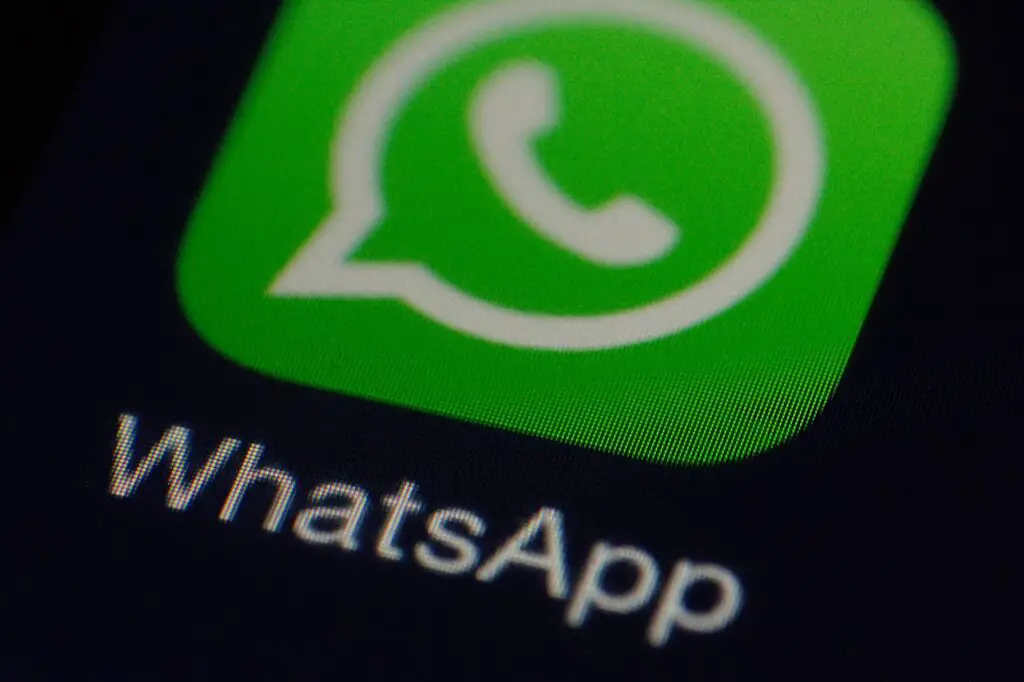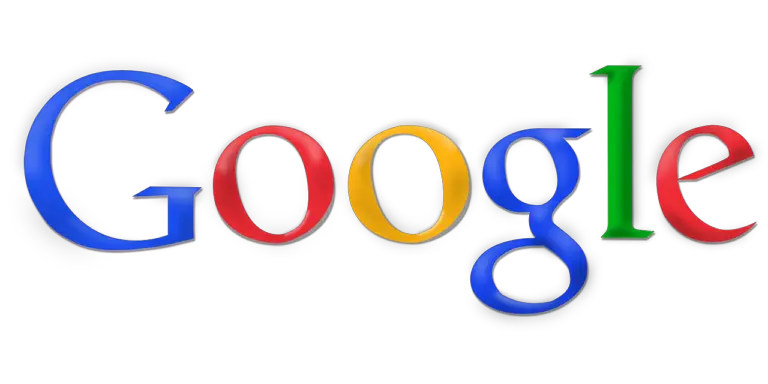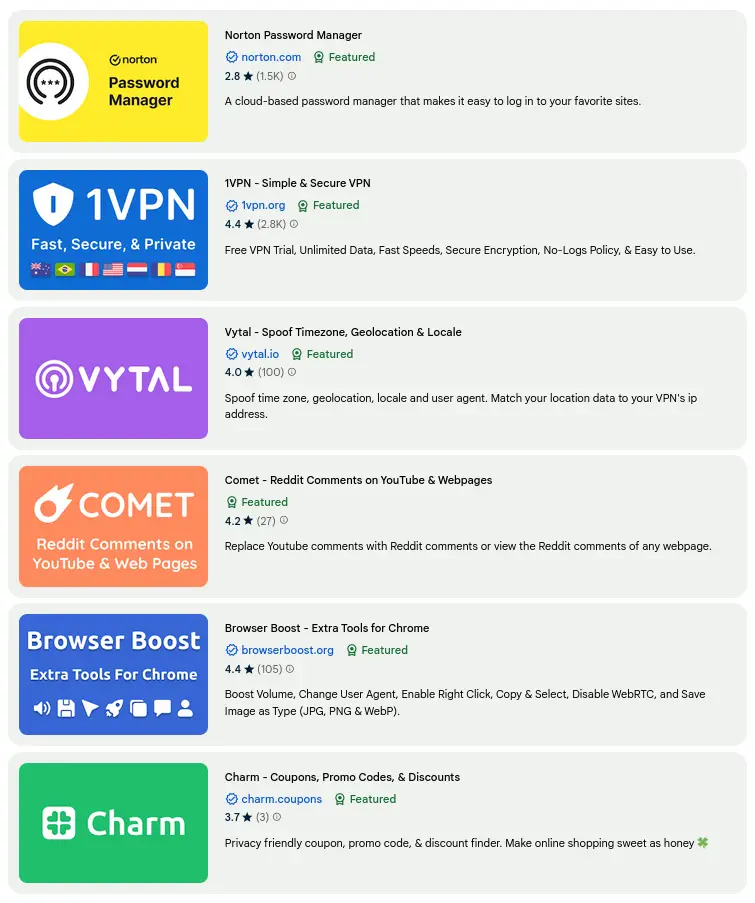
In a conversation on The Joe Rogan Experience podcast, Meta CEO Mark Zuckerberg revealed that U.S. intelligence agencies, such as the NSA and CIA, can potentially access encrypted messages if they manage to hack or physically obtain a user’s device. According to him, this remains possible even when end-to-end encryption is employed.
Discussing the case of journalist Tucker Carlson, Zuckerberg referenced Carlson’s claim that U.S. intelligence agencies informed him they had accessed his Signal messages, which contained discussions about an interview with Vladimir Putin. Zuckerberg doubted that Signal itself was compromised, emphasizing that its encryption, much like that of WhatsApp, is robust: “Signal and WhatsApp use the same encryption protocol, and it’s quite secure.”
Zuckerberg suggested that the most likely scenario was not a breach of Signal’s servers but direct access to Carlson’s device. He explained that WhatsApp’s architecture ensures that Meta cannot access the content of user messages: “If someone sends a message on WhatsApp, Meta cannot see its content unless the user shares it via other services.”
However, device compromises can bypass any encryption methods. “The NSA or CIA, if they wish, can simply hack into a phone and access everything stored on it,” Zuckerberg noted, adding that tools like Pegasus malware make such intrusions possible.
WhatsApp has implemented a disappearing messages feature as an additional security measure. This functionality allows conversations to be automatically deleted after a set period, reducing the risk of data leaks. “If a phone is hacked, attackers can see everything. But if messages vanish, it adds another layer of protection,” he explained.
Users can configure messages to disappear after intervals ranging from one day to seven days and can set this as the default for all chats. Zuckerberg highlighted the feature’s practicality, stating that “in most cases, users don’t need to retain conversations for extended periods.”
He further asserted that WhatsApp and Signal remain the most secure messaging platforms on the market, with WhatsApp’s widespread adoption making it more convenient for mainstream use.
Zuckerberg also addressed the troubling trend of governments exerting pressure on tech company leaders by threatening imprisonment if their demands are not met. He warned that such practices set a dangerous precedent: “If a government is dissatisfied with a company’s activities, it simply threatens to arrest its leadership. This is a very disturbing precedent.”


